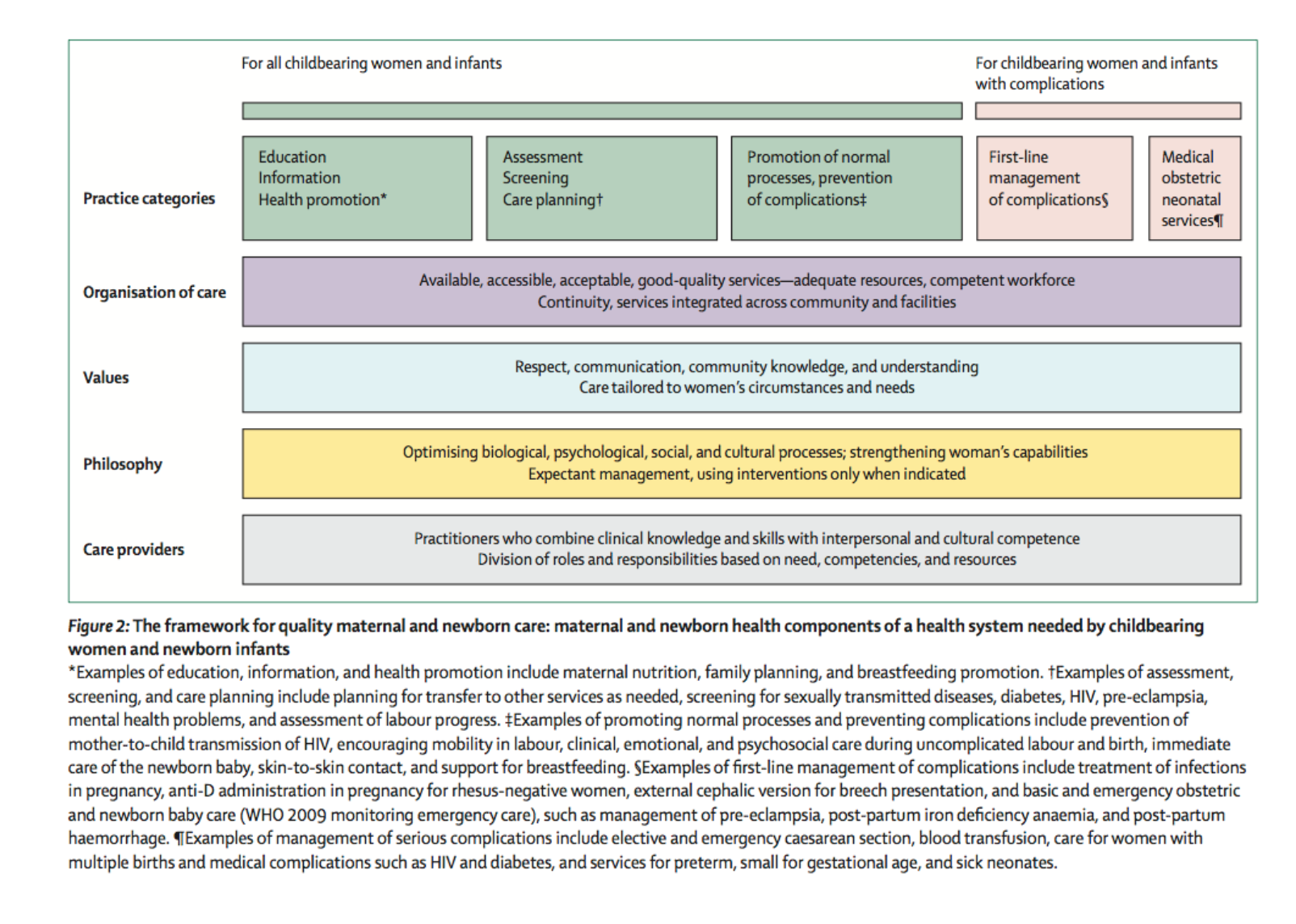To the NHS Maternity Review team: a message from a midwife
/It's incredibly encouraging that those interested in the future of maternity services in England, are continuing to engage with the NHS Maternity Review team. I've been collecting views via social media for my blog, and have sent links to Baroness Julia Cumberlege, and received a positive response. Ideas and opinions are still being sent to me, and this one is from Dr Tracey Cooper, who is an inspirational consultant midwife at Lancashire Teaching Hospitals NHS Trust. I was delighted that Tracey took the time to write this; she has a wealth of midwifery knowledge and tirelessly and passionately supports evidence-based woman centred care.
Tracey (pictured above):
'We are so lucky to have superb professors and academics in the midwifery profession. Some of them have joined a wide range of experts from other disciplines to produce the Lancet Midwifery Series (Renfrew et al 2014), which provides maternity services with an evidence based framework to base care on, now and in the future. This framework is for low, middle and high income countries, therefore it is an ideal tool to use in the UK.
The framework for quality maternal and newborn care
The Lancet Midwifery Series is the most critical, wide-reaching examination of midwifery to date, and it includes a broad range of clinical, policy, and health system perspective (Renfrew et al 2014).
Within my own Trust we are going to use it to process benchmarking - where we are now and where we want our services to be in the future. We will use it as ‘our vision’ tool. As a group of north-west consultant midwives, we are also discussing it with Heads of Midwifery and the Strategic Clinical Network, to use as a vision tool across the whole of the north-west region.
Key messages
- The findings support a system-level shift, from maternal and newborn care focused on identification and treatment of pathology, to a system of skilled care for all, with multidisciplinary teamwork and integration across hospital and community settings.
- Midwifery is pivotal to this approachThe views and experiences of women themselves, and of their families and communities, are fundamental to the planning of health services.
- Midwifery is associated with more efficient use of resources and improved outcomes when provided by midwives. Midwives are only effective when integrated into the health system in the context of effective teamwork and referral mechanisms and sufficient resources.
- Promoting the health of babies through midwifery means supporting, respecting, and protecting the mother during the childbearing years through highest quality care; strengthening the mother’s capabilities is essential to longer term survival and wellbeing for the infant.
- Strengthening health systems, including building their workforce, makes the difference between success or reversal in maternal and newborn health. Since 1990, the 21 countries most successful in reducing maternal mortality rates—by at least 2·5% a year—have had substantial increases in facility-birthing, and many have done this by deploying midwives.
- Effective coverage of reproductive, maternal, and newborn health (RMNH) care requires three actions. These are:
- facilitating women’s use of midwifery services
- doing more to meet their needs and expectations
- improving the quality of care they and their newborn infants receive.
- Evidence so far shows that midwifery care provided by midwives is cost-effective, affordable, and sustainable. Around the world the return on investment from the education and deployment of community-based midwives is similar to the cost per death averted for vaccination.
- Quality improvements in RMNH care and increases in coverage are equally important for achieving better health outcomes for women and newborn infants. Investment in midwives, their work environment, education, regulation, and management can improve the quality of care in all countries.
- Efforts to scale up QMNC should address systemic barriers to high-quality midwifery— eg, lack of understanding of midwifery is and what it can do, the low status of women, interprofessional rivalries, and unregulated commercialisation of childbirth
For more information see the Executive Summary
Reference:
Mary J Renfrew, Alison McFadden, Maria Helena Bastos, James Campbell, Andrew Amos Channon, Ngai Fen Cheung, Deborah Rachel Audebert Delage Silva, Soo Downe, Holly Powell Kennedy, Address Malata, Felicia McCormick, Laura Wick, Eugene Declercq (2014) Midwifery and quality care: findings from a new evidence-informed framework for maternal and newborn care The Lancet , Volume 384 , Issue 9948 , 1129 - 1145
Dr Tracey Cooper can be found on Twitter



